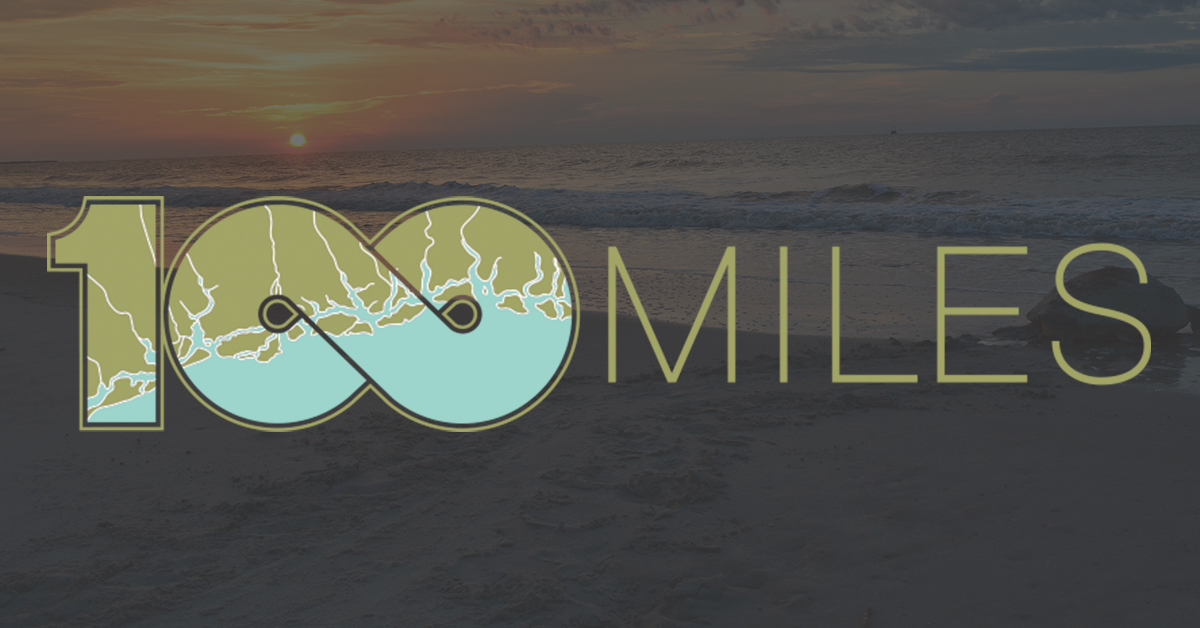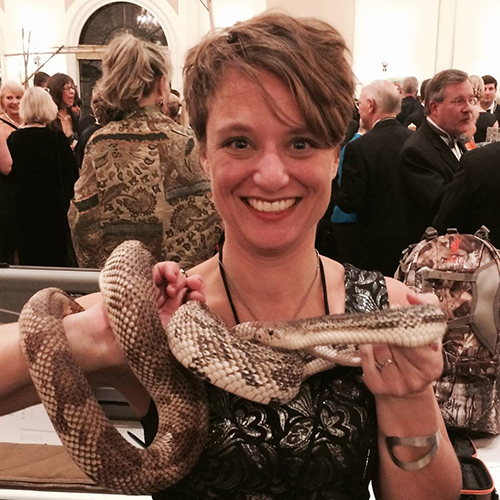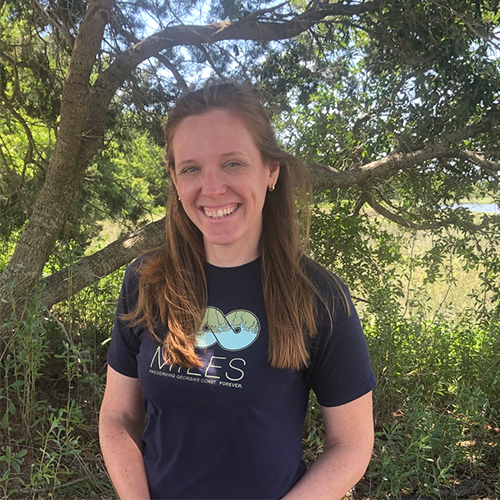Liberty and Justice For All
Over the past few months, as the flaws in our society have become blindingly apparent, long overdue conversations have been happening every day. Just this week, I’ve discussed racism with my coworkers, family, physician, State Senator, an old friend from high school, and countless others. Some of these conversations have been difficult, but we all agree that Black and Brown Americans deserve to live in a society that offers them opportunities to build wealth and power.
Systemic racism doesn’t mean that everyone in the system is racist. It means that our systems are set up so that decision-making processes exclude and are inaccessible to many sets of people. Most often, those who are excluded and undervalued are those who don’t have an opportunity to speak up. Sometimes this means that they don’t have the opportunity to attend a meeting, but more often, it means that decisions are made within agencies by people who do not represent their interests and never even thought to include them. The problem feeds itself, perpetuating the injustice.
We’re all familiar with the examples of systemic racism within our justice system. Within the environmental sector, easy-to-point-to examples include the delayed clean-up of superfund sites, coal ash, and other harmful pollution. And it’s easy to remember when a major catastrophe like a storm or infrastructure failure (think Flint, Michigan) have affected Black and Brown people who are economically disadvantaged more than others.
These examples are egregious and cause public health and economic hardships that last for generations. But there are other, more subtle instances of systemic racism that can be equally catastrophic over time.
Let me give you an example. Butler Plantation sits on the west side of Highway 17, just south of the bridge to downtown Darien. While the house wasn’t his home, in Pierce Butler’s day, hundreds of enslaved Africans lived on the 2,300-acre property, digging rice fields and cultivating rice. Eventually, more than 400 of them were transported to Savannah and sold in the largest sale of enslaved people in American history.
Today, because of its historic and natural resource value to the state of Georgia, the property is protected and designated as a Heritage Preserve. The Georgia Department of Natural Resources (DNR) is responsible for the property, but descendants of the enslaved use the site regularly. Some have permission to lead tours; others spend time walking the property to feel connected to their ancestors, some of whom are buried on the site.
Unfortunately, the house on the property is in severe disrepair, because the DNR does not have funding to maintain it. A few years ago, DNR staff began to receive inquiries from private entities about the potential for them to use the house for private endeavors— including proposals to turn the structure into a bed and breakfast, brewery, or distillery.
Herein lies the problem.
As a solution, DNR staff—without consulting the community—asked the legislature to change the law that governs all Heritage Preserves. If passed, HB 906 would allow for the sale of up to 15 acres of these public properties to private entities. This change to the law was proposed in the absence of consideration for the people of Georgia, and specifically without input from the descendants of the enslaved Africans who lived on and are buried on Butler Plantation.
To be clear, I’m not suggesting that the DNR officials who talked to the developers are racist. But they—like most of us—are working within a system that excludes people. People of color, people living in poverty, people who don’t have a seat at the table and aren’t likely to be given one if we continue to do things the way they’ve always been done.
Because of COVID, the legislative session was suspended. Legislators came back into session last week and will meet until the end of the day Friday, June 26. If HB 906 passes, a private entity would be able to take the home on Butler Island, or any up to 15-acre chunk of any Heritage Preserve in all of Georgia and build a hotel, a golf course, a hunt club, a restaurant, a distillery, a private home—you name it. They’d be able to purchase something that belongs to the people of Georgia and privatize it. As a result, these historical properties would be lost to those who have the biggest stake in their history.
Thanks to our partners and members, legislators have received more than 20,000 comments from more than 2,000 citizens concerned about the impact HB 906 would have on our state’s most treasured sites, and it looks like the bill is dead for this year.
But the bottom line is this: for many people of color, years of inequitable resource allocation, dialogue, and inclusion have blocked safe access to natural and cultural resources. These include clean water, air, and soil, recreational opportunities, healthy fish, and other assets that many of us take for granted. It is the unintended consequences of systemic racism that have crippled disadvantaged people and will continue to cripple them if they are not acknowledged and prevented from happening in the future.
Systemic racism occurs on all levels, in every agency, and across all sectors. One Hundred Miles is committed to working to ensure that environmental agencies at the state and federal levels recognize the inequities that they perpetuate. And in the days, months, and years ahead, we’ll continue to advocate for more inclusive community practices that we hope will begin to correct decades of resulting injustice. I hope you’ll join us.
Megan
P.S. Here is a wonderful piece written by OHM Board Member, Joanna Adams. I hope you enjoy.











